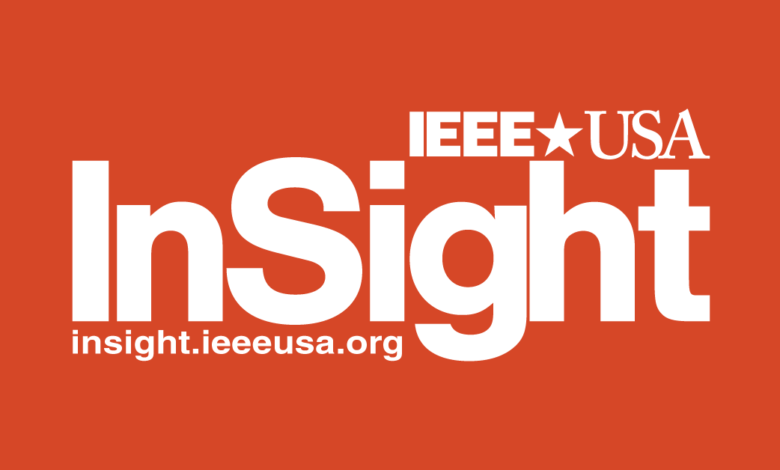
Q: Tell us a little about yourself and your family, Eric.
A: I was born in Hollywood, Florida, one month before Apollo 13 blasted off. Growing up in Florida meant spending time at the beach, Disney World, riding airboats, exploring the everglades, and dealing with hurricanes. From early childhood, I have always been fascinated with how things worked. My father would find his stuff taken apart on a regular basis. I studied Computer Engineering, and then went on for a Masters and Ph.D. in Information Systems. My wife is a middle school teacher, and I have two boys Matthew (13) and Jacob (10). I enjoy spending time outside in the everglades, traveling, tinkering, working on cars, photography (1nikon.com)”¦ and tinkering.
Q: What’s the best thing about living in South Florida?
A: The best think about living in South Florida is that you can wear shorts year-round, and enjoy the outdoors all of the time. The second best thing is that we are only three hours from Orlando, and the major theme parks in that area.
Q: Describe your most excellent journey or adventure…
A: One of the most exciting journeys I had was working on a payload for the Space Shuttle. Back in 1995, I was able to partner with another professor at the college I was working at, to design and build an experiment that flew on STS-91-Space Shuttle Discovery in June 1998. Then, to do it again at Nova Southeastern University (where I work today) for the Space Shuttle Endeavour final mission was awesome.
Q: What is your trademark/most often used phrase?
A: Keep pushing forward! Don’t give up!! Be Persistent! With the kids, it is “Let’s Roll!”
Q: What misconceptions do you think people have about engineers?
A: That they cannot communicate clearly. If given the correct training and mentorship, most engineers can learn how to clearly articulate thoughts and designs, so that management will notice them. It just takes additional effort for engineers. Machines are easy to communicate with; people, on the other hand, are very complex–with different results daily.
Q: What is your favorite comfort food, and why?
A: Seafood!!! Jumbo Shrimp (U5 or better), Stone Crabs, Blue Crabs, Lobsters, Gator Tail”¦ I don’t know why–but it reminds me that I live in an area surrounded by water, with great things to eat.
Q: What’s on your reading pile?
A: I have lots of e-books on photography, pinball machine repair, car repair, and hardware design for space-based environments.
Q: Tell us about your favorite pastimes and hobbies.
A: Getting outside and taking pictures is one of my greatest hobbies. Flying model planes (40 hours in a real plane as well); working on old machines, such as fixing pinball machines; working on cars; traveling; building electronic circuits; and of course, spending time with my family.
Q: What item are you just unable to ever part with?
A: My classic computer collection. I have an Altair, Lisa, various boards from CRAY supercomputers, and many other great pieces of hardware from many years ago.
Q: What is your most distinctive characteristic?
A: I am very optimistic, and believe that with persistence, anything can be done. I do not let others tell me what cannot be done; I must try myself, before I would put something on hold for a future date. I will take up any challenge handed to me.
Q: Share your motto with us, Eric.
A: You can be your own biggest supporter–or your own worst detractor. Believe in yourself, and then everything will fall into place.
Georgia C. Stelluto is IEEE-USA’s Publishing Manager; Editor/Manager of IEEE-USA E-Books; and Editor-in-Chief of IEEE-USA in ACTION. In 2013, Stelluto celebrates her 24th year of service for IEEE-USA.






